This RFC is in response to the RFC posted by KlimaDAO on September 7th, 2022: Carbon Project Development Initiative
Project Overview
Improved Cookstoves for Rohingya Refugees in Bangladesh
Project context:
The Improved Cookstoves project in Bangladesh is a small yet significant step to address the fact that globally, more than three billion people use inefficient stoves or polluting open flames to cook their meals, which harms their health as well as the climate and the environment, according to the Clean Cooking Alliance a non-profit focused on the issue. In Bangladesh, Rohingya Refugees live in cramped conditions with limited access to income generating activity or to sources of fuel to boil water and cook food.
The energy-efficient, improved smokeless cookstoves known locally as ‘Chula’ are a massive improvement on the current reliance on traditional stoves or open wood fires, which damage respiratory health exacerbated by the confined space of the dwellings made of tarpaulin. The improved smokeless cookstoves burn wood more efficiently, causing less environmental impact from the extensive wood harvesting for cooking fuel in the forest area surrounding the camps.
Project Benefits:
SCB, in partnership with the Bangladesh Bondhu Foundation, commenced the distribution of 100,000 cookstoves in 2022 and will continue in early 2023. Aside from reduced firewood consumption, the project provides employment and supports development of technical skills in the local communities during the production and installation of the cookstoves. With these smokeless stoves in their homes, women and children experience better indoor air quality and fewer incidences of smoke and fire-related injuries.
Project visit
A site visit in November 2022 by a team from SCB senior management will verify the progress of the project, directly engaging with local stakeholders and communities on their needs and how they can be addressed by this and future projects. SCB will provide Klima with the project's multimedia material collected during the site visit so that Klima DAO contributors and community members can follow the project's progress. Depending on mobile coverage SCB team can arrange a live stream session from the project site with Klima DAO team and community.
Project lifetime
2023 to 2033
Project pictures:
Project site and prelimniary phase
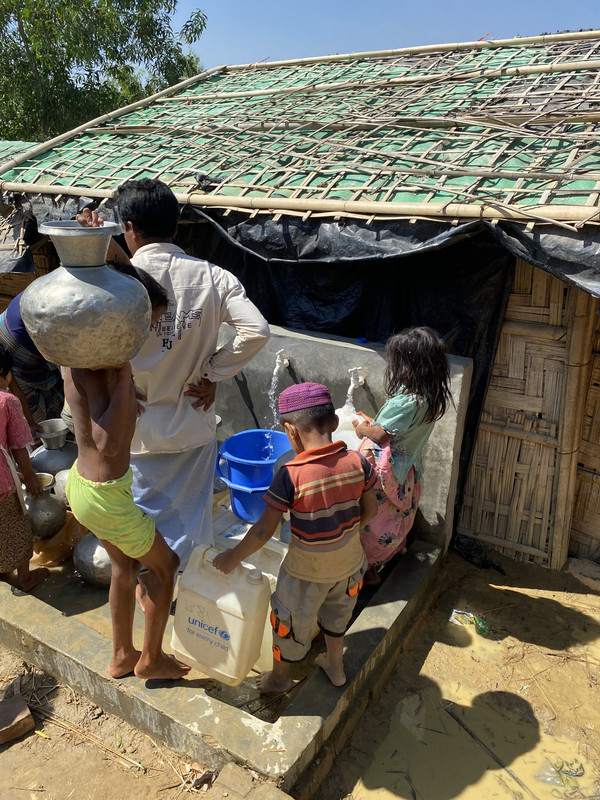
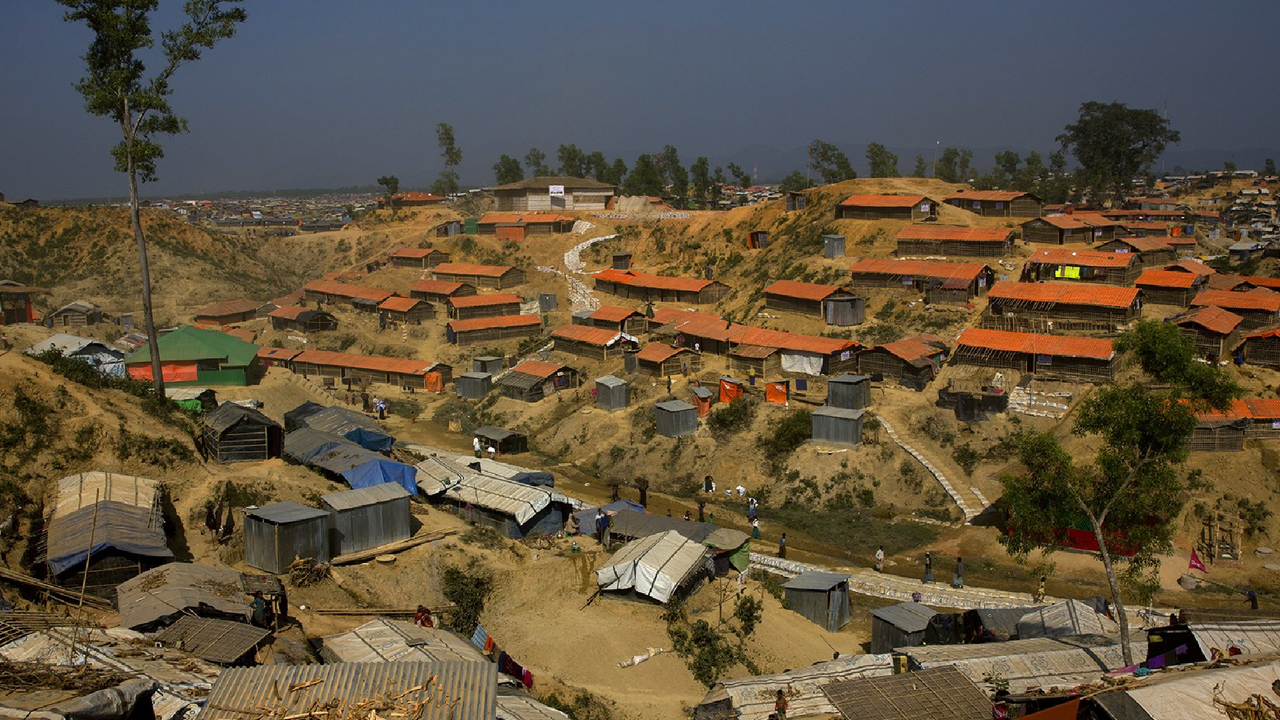
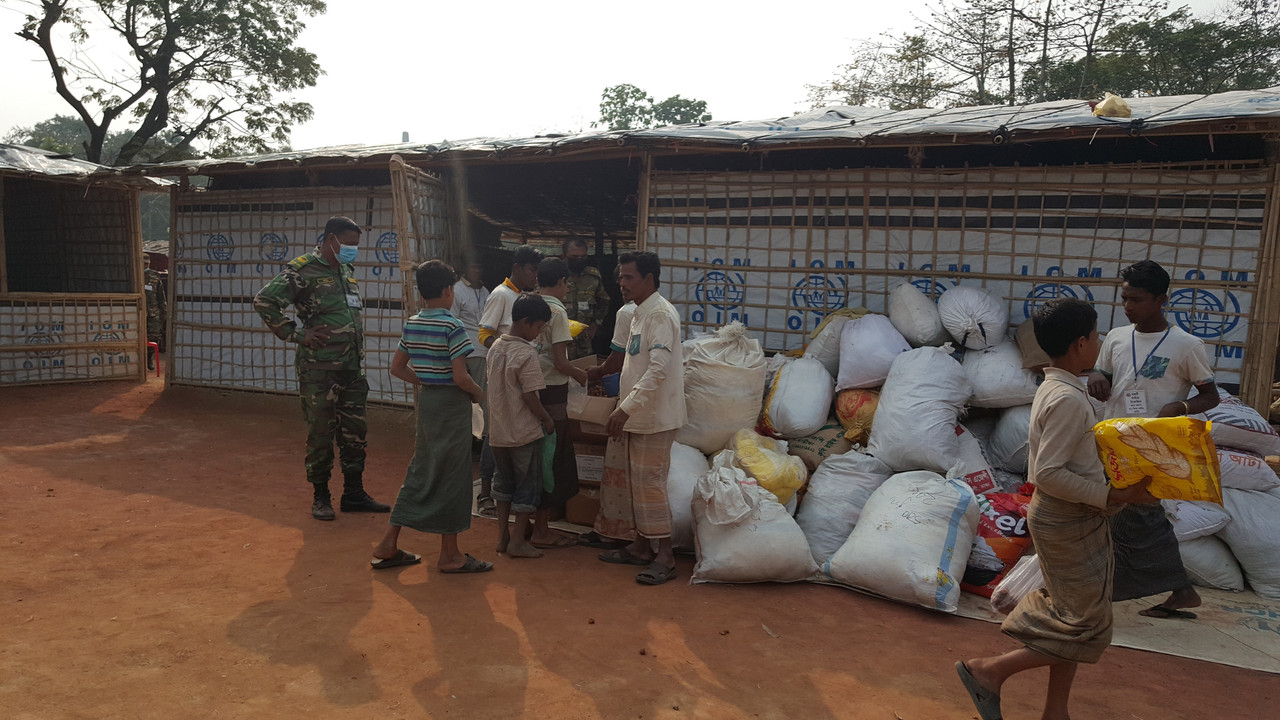
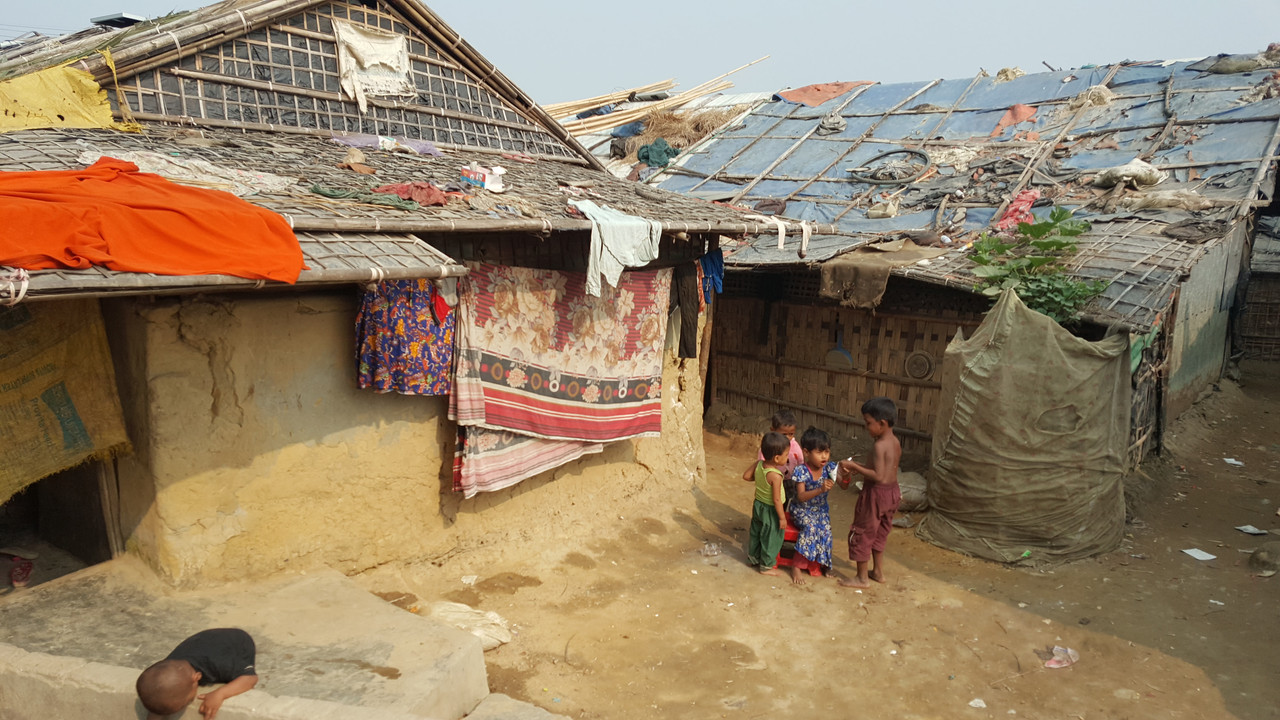
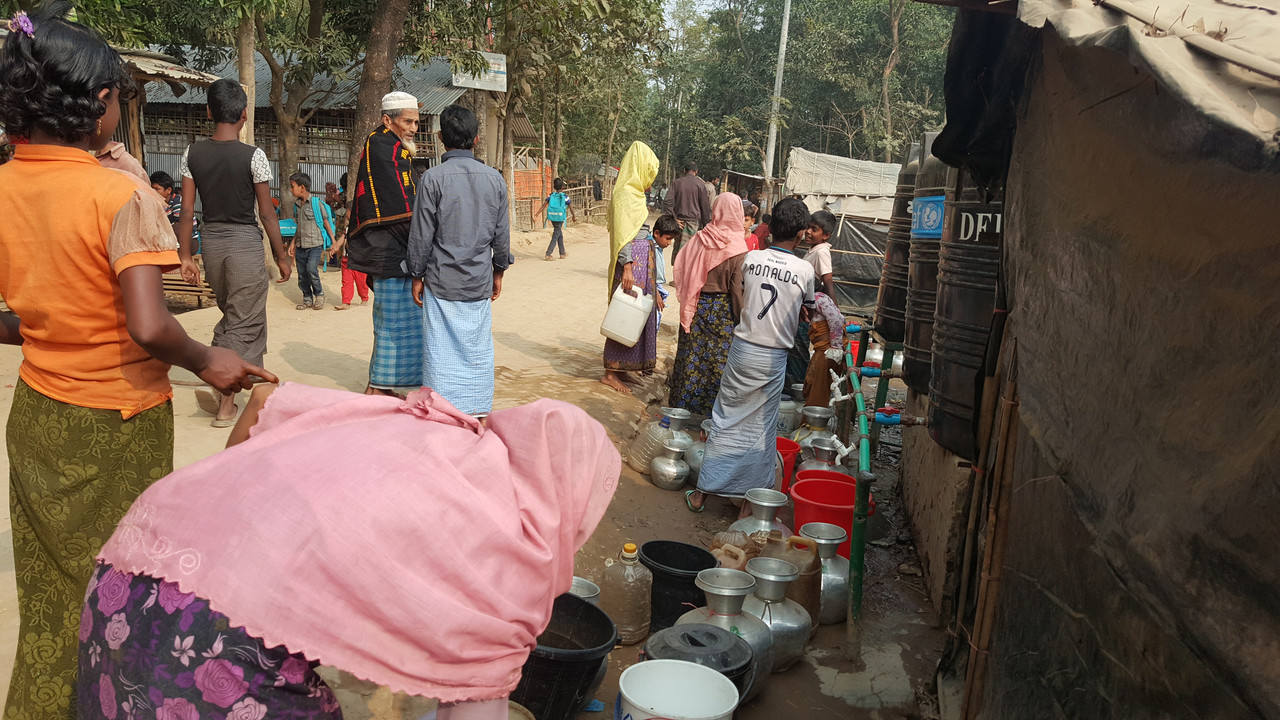
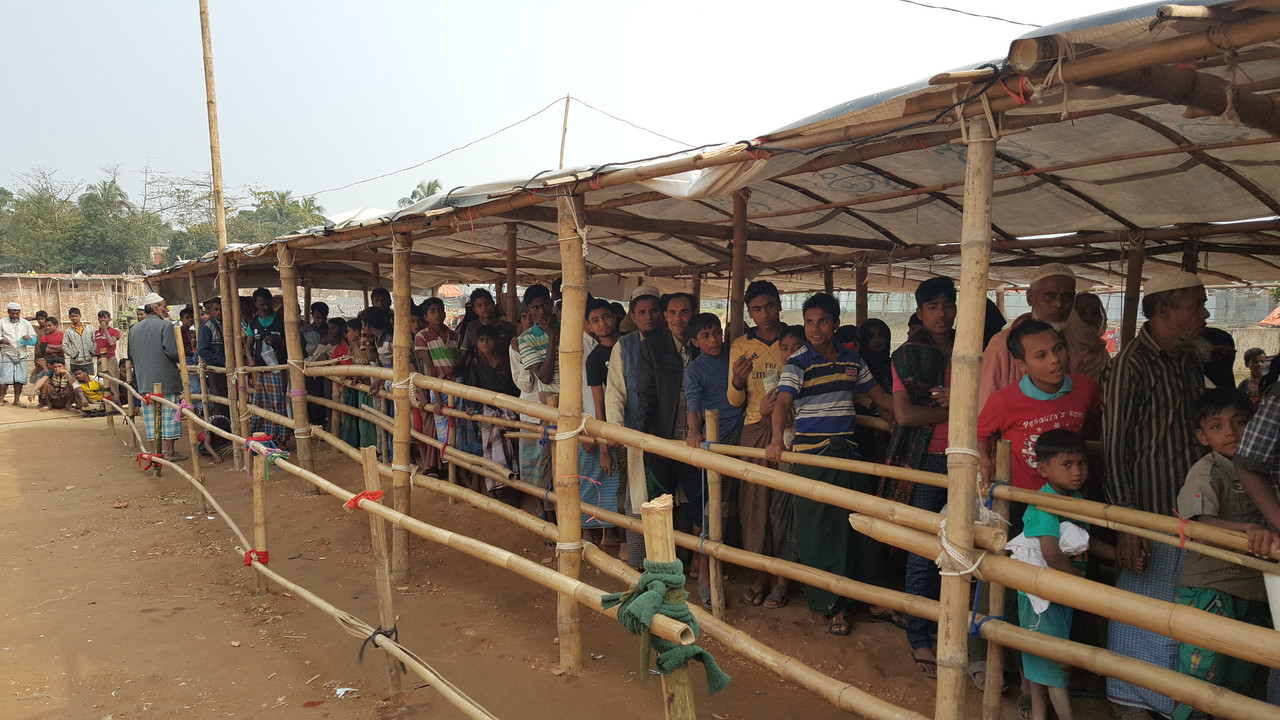
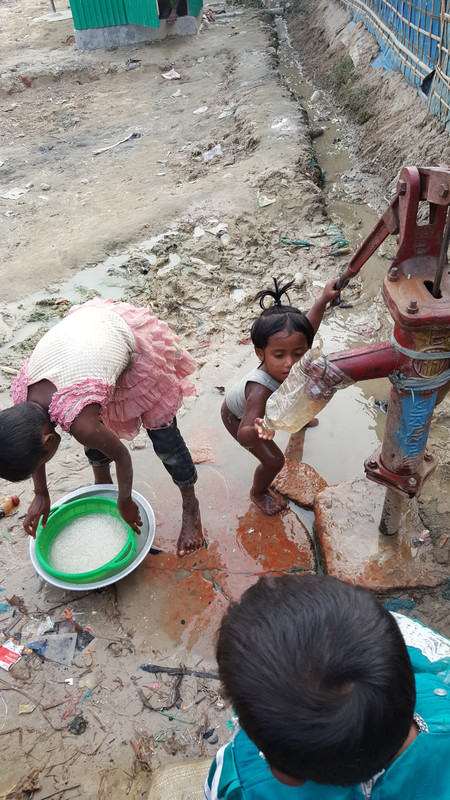
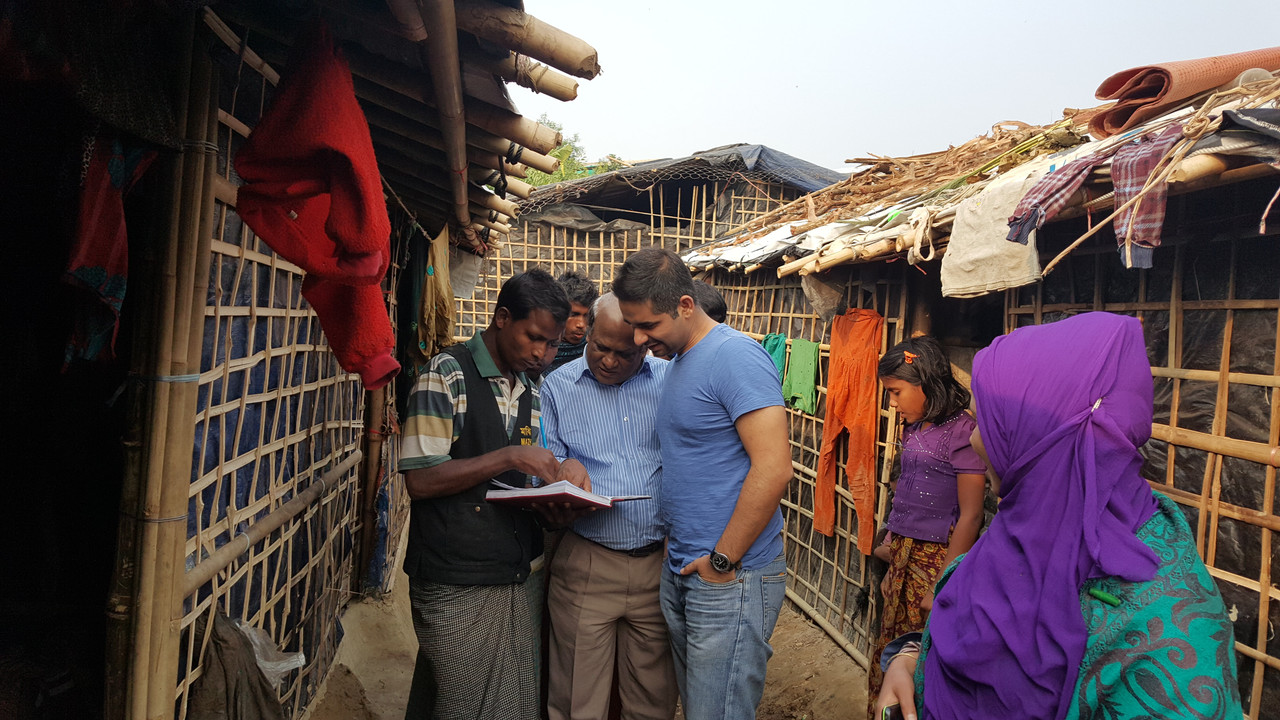
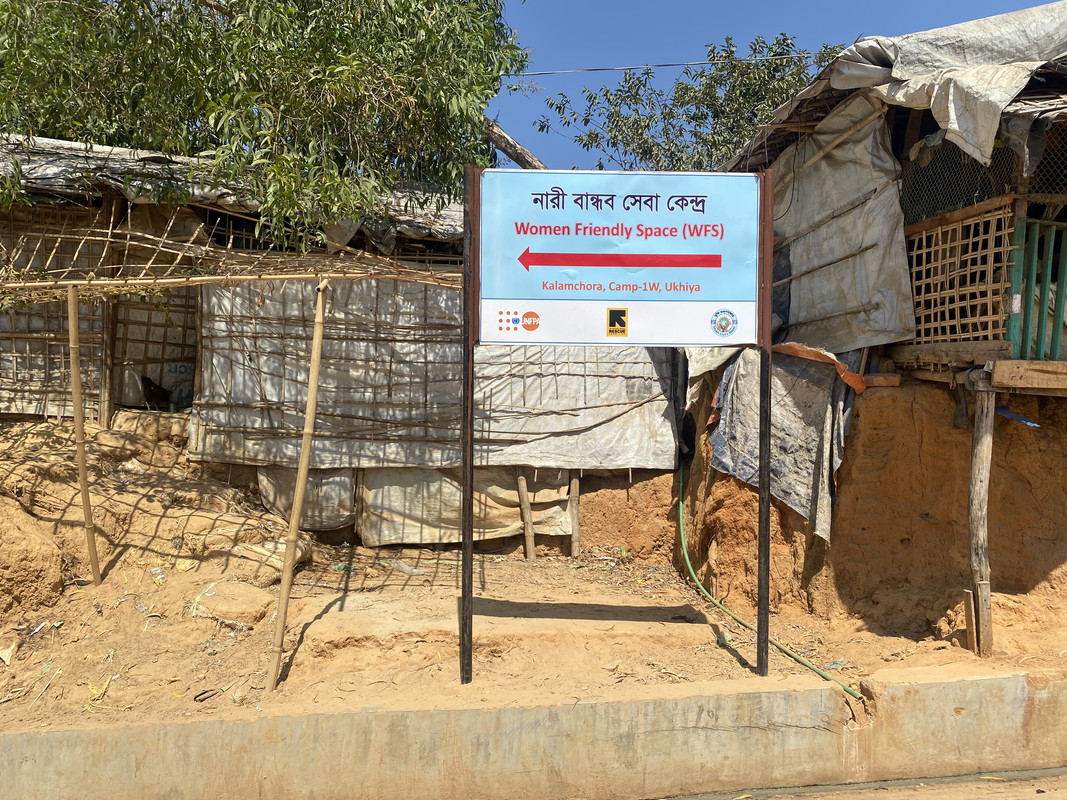
SCB on site visit during implementation and distribution period:
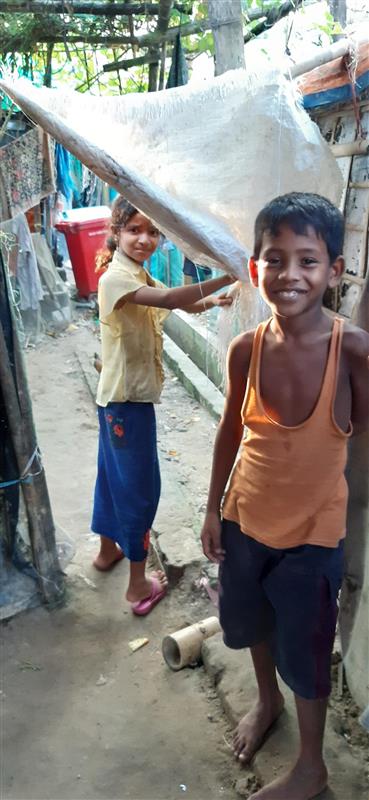
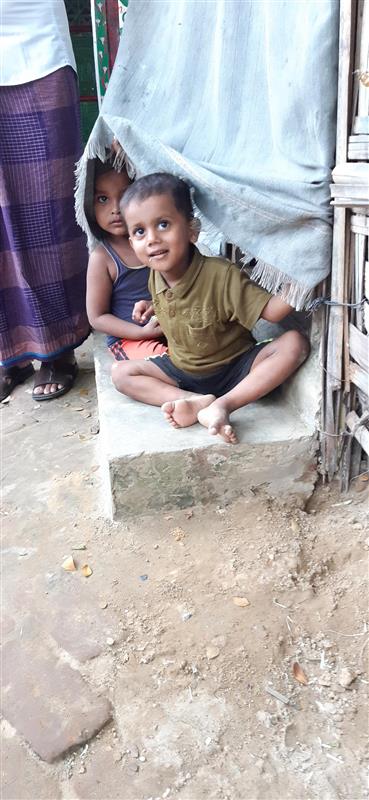
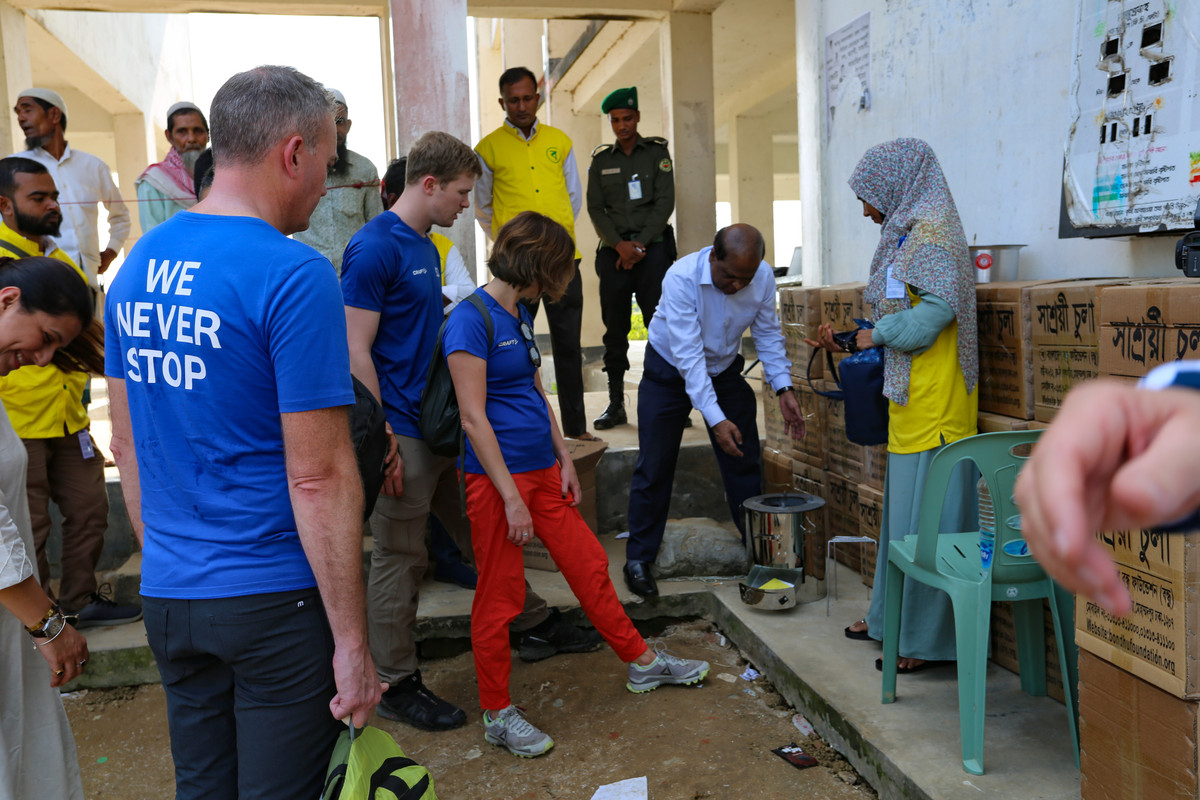
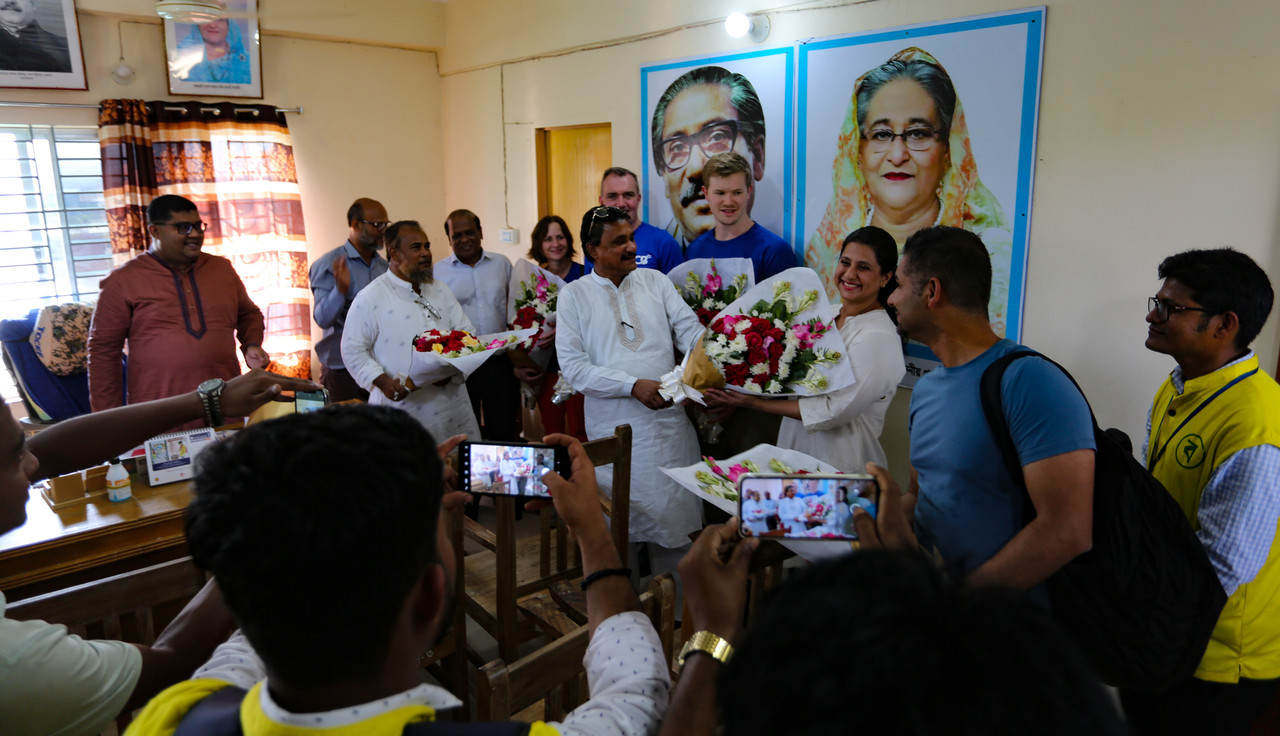
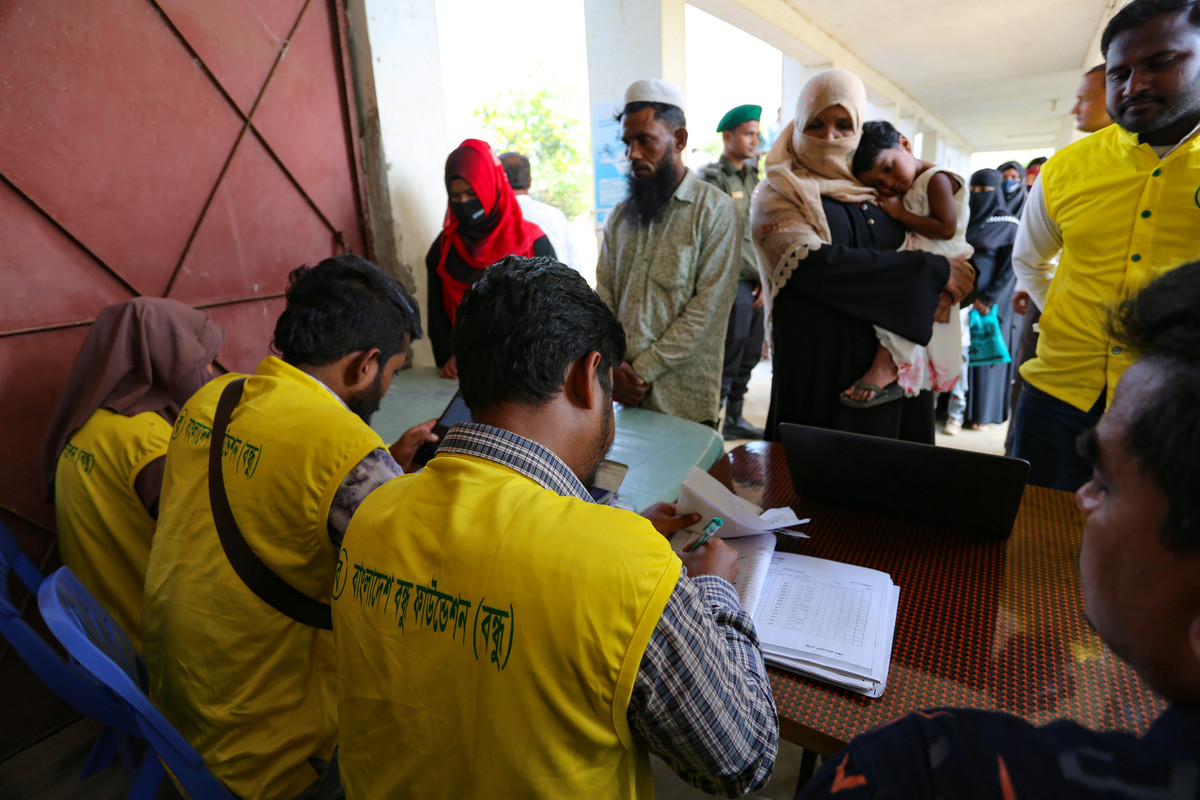
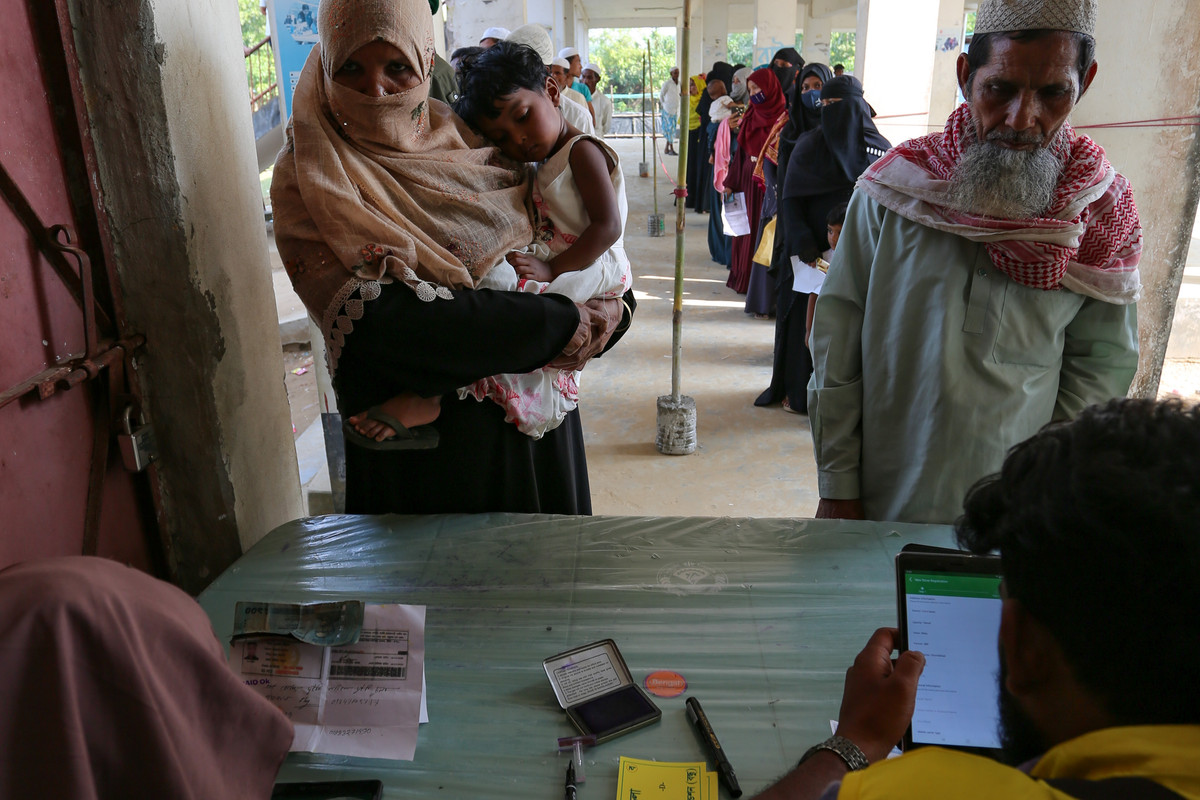
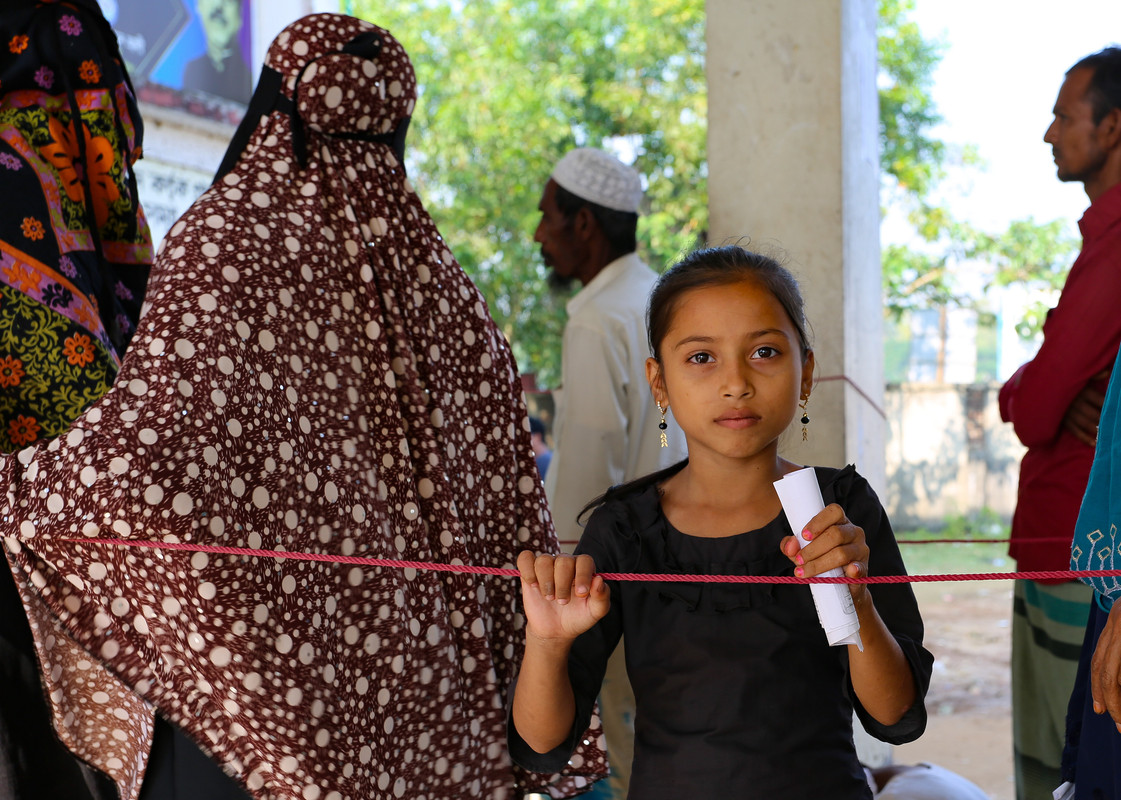
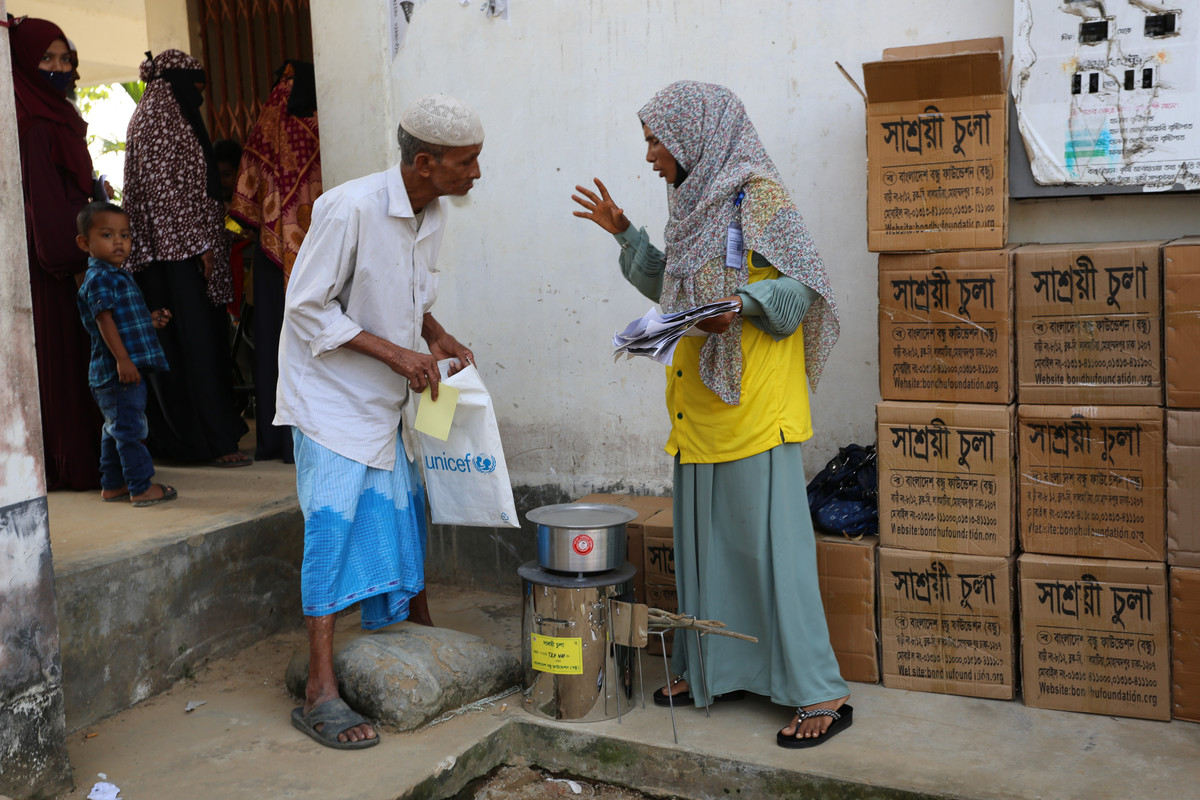
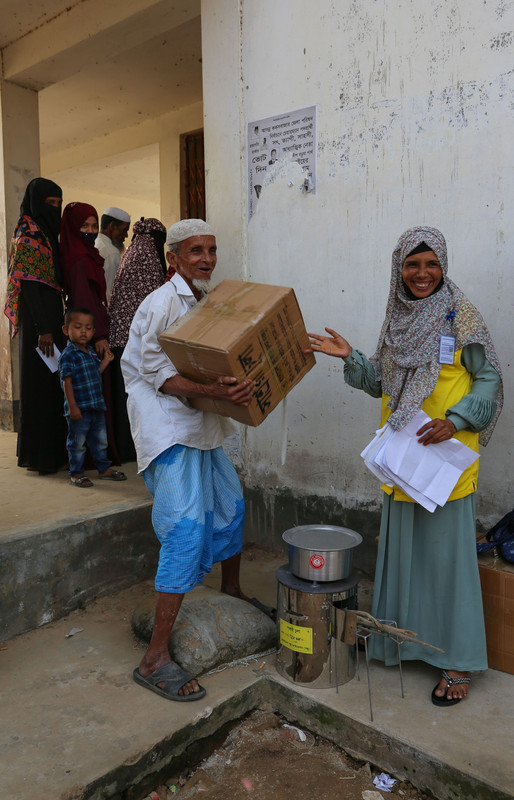
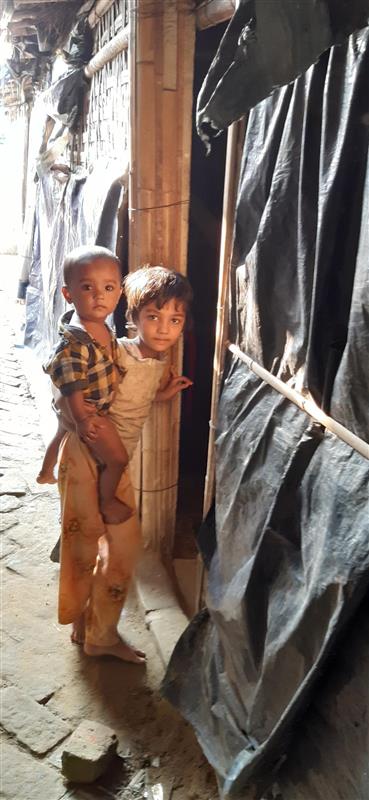
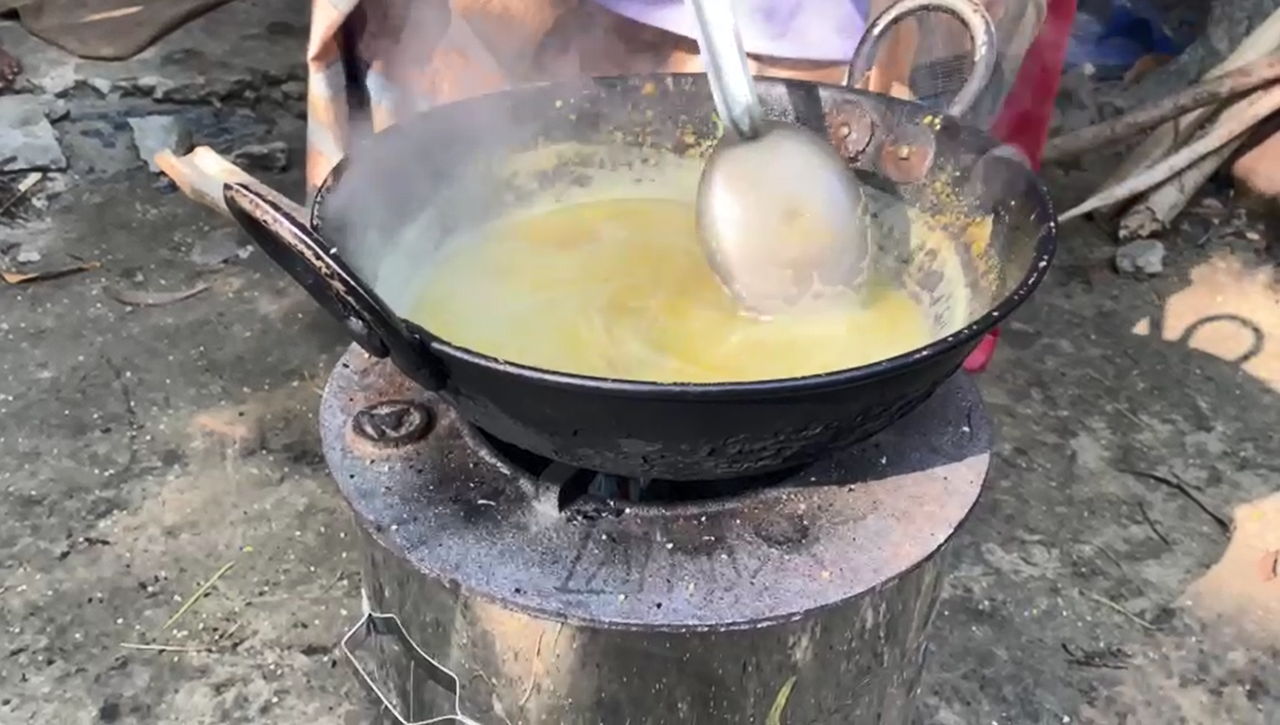
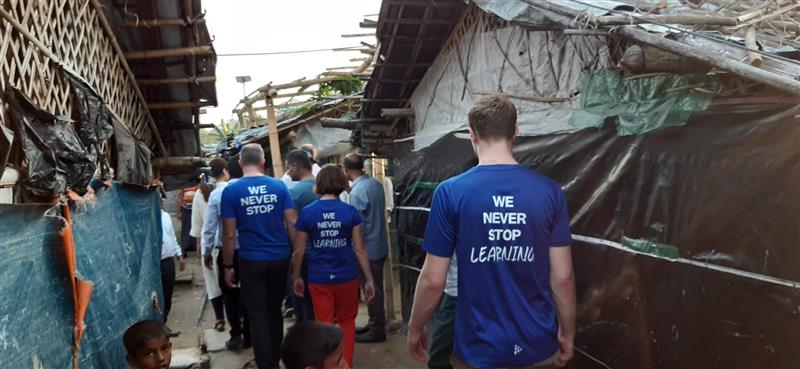
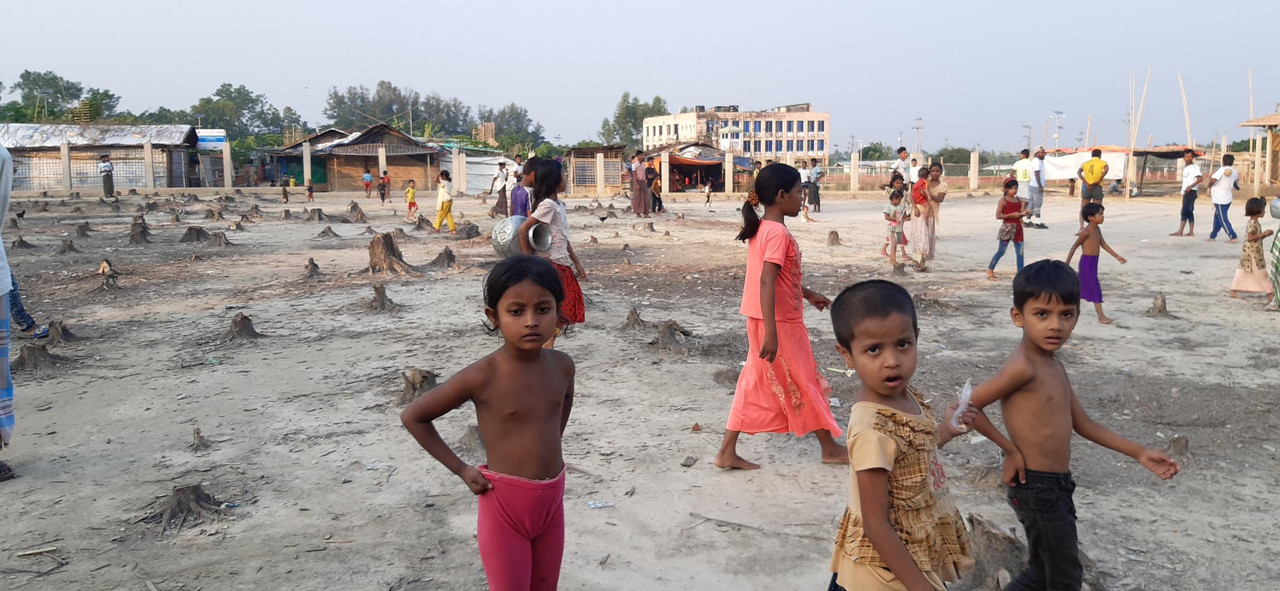
Project Certifications
Certification:
The project will undergo Gold Standard registration which will lead to at least 1 million
metric tonnes of CO2 abatement over a five-year period, generating at least 200,000
carbon credits per annum.
Achievable SDG goals:
SDG 1 No poverty: Clean cooking is part of basic services necessary to lead a healthy and productive life and saves households time and money.
SDG 3 Good health and wellbeing: Reducing smoke emissions from cooking decreases the burden of disease associated with household air pollution and improves well-being, especially for women and children.
SDG 5 Gender equality: Unpaid work, including collecting fuel and cooking, remain a major cause of gender inequality.
SDG 7 Affordable and clean energy: Clean cooking is essential to addressing energy poverty and ensuring sustainable energy security for billions of people.
SDG 8 Decent work and economic growth: Energy access enables enhanced productivity and inclusive economic growth. The clean cooking sector offers many job opportunities.
SDG 11 Sustainable cities and communities: Clean cooking addresses household and ambient air pollution, resource efficiency, and climate vulnerability.
SDG 13 Climate action: Up to 25% of black carbon emissions come from burning solid fuels for household energy needs. Clean cooking solutions address the most basic needs of the poor, while also delivering climate benefits.
SDG 17 Partnerships for the goals: SCB uses innovative financing to strengthen the means of implementation and revitalize partnerships between enterprise, civil society and government for sustainable development.
Project Proponent
SCB, Value Network Ventures & the Bangladesh Bondhu Foundation (BONDHU).
SCB is a world-leading low carbon company with an established portfolio of global carbon project development, requiring technical expertise in project financing, planning and implementation including community-led development; as well as a high degree of scrutiny for monitoring and evaluation. SCB supports projects in Asia on clean water projects and Improved Forestry Management, including the planting of four million trees; as well as in sub-Saharan Africa ranging from solar energy for schools and clean cookstove projects in several countries benefitting communities and the environment.
Value Network Ventures with more than 6M rural household covered and 1 MHA under land use and forestry VNV are on a mission to facilitate climate-resilient programs that empower vulnerable communities to adapt and transform to the changing climatic patterns.
Bangladesh Bondhu Foundation (BONDHU) is a non-profit organization dedicated to the welfare of the people of Bangladesh through energy efficiency, safe water, sustainable agriculture and tree plantation projects.
Pool Specifications - EEIMP
GS Methodologies
-Reduced emissions from cooking and heating – Technologies and Practices to Displace Decentralized Thermal Energy Consumption (TPDDTEC)
-Emission reductions from Safe Drinking Water Supply
Verra Methodologies
-VMR0006 Methodology for Installation of High Efficiency Firewood Cookstoves
-VM0018 Energy Efficiency and Solid Waste Diversion Activities within a Sustainable Community, v1.0
Cutoff vintage: 2016; +1 year on year.
Issuance Outlook
Assuming $250,000 initial investment
**Year Credits Issued
2022 -
2023 15,625
2024 15,000
2025 625
Total 31,250**
Risk mitigation:
SCB mitigates the risk of non-delivery by conducting indepth due diligence on the feasibility and technical parameters of the project. SCB conducts a detailed review of the project developer with whom it is partnering in the project implementation. For this particular project it is VNV, a seasoned project developer with many years of experience. VNV's teams have already completed more than 26 high impact projects which are registered with The Gold Standard, the credits of which have been retired by reputable organizations known for their strict DD standards on the quality of the credits they use, namely PwC, McKinsey or Laudes Foundation etc.
SCB also ensures that the project is aligned with the objectives of the local authorities and that local communities and organizations are an essential part of the project.
**Last but not least, SCB is committed to providing the necessary expertise and monitoring the progress of the project by visiting the site and through local partners. **
Financials
Credit price of $8/tonne
Market Outlook
Data from AirCarbon
HOT trading at $9.45/tonne; +8% increase over the past week.
Data from VCM Partners:
Cookstove projects with a vintage of 2017+ are trading between $11 - $15 per tonne on the market.
Co-Benefits
SCB, for the last 16 years, has driven the leading edge in the low carbon arena, bringing market expertise, project development experience and a culture willing to collaborate on innovative ways to build a low carbon future. SCB was an early adopter of the radical transparency of decentralized technology and is the partner of choice to foster investments in projects benefitting not only the environment, also the health and wellbeing of local communities. Recognizing that the world’s poorest are most affected by climate change, SCB is working to ensure no one is left behind in pursuit of market-led climate solutions in developing countries, harnessing the digital transformation of society for the benefit of all.